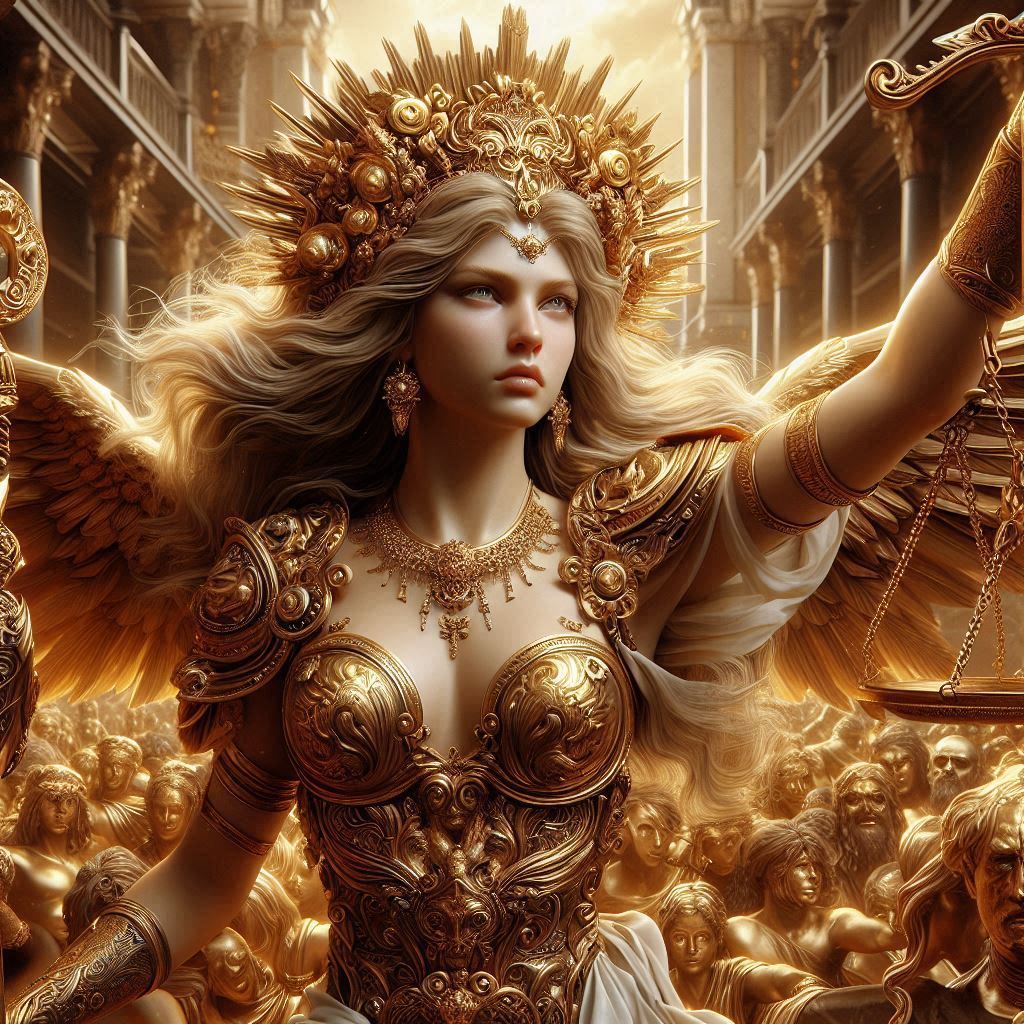Table of Contents
Ngũgĩ wa Thiong’o’s A Grain of Wheat: A Complex Interweaving of Personal and Political Struggles
Ngũgĩ wa Thiong’o’s A Grain of Wheat (1967) is a profound exploration of Kenya’s tumultuous path to independence. Set against the backdrop of the Mau Mau rebellion and the country’s eventual liberation from British colonial rule, the novel weaves together personal narratives and broader sociopolitical themes. Through its intricate structure and multifaceted characters, the novel delves into themes of betrayal, sacrifice, identity, and the struggle for freedom, presenting a tapestry of human emotions and historical realities.

Historical Context and Themes
The novel is deeply rooted in the history of Kenya’s fight for independence, particularly the Mau Mau uprising, a movement characterized by its guerilla warfare against British colonial forces in the 1950s. The rebellion was both a fight for land and freedom, emblematic of the Kenyan people’s resistance to the dispossession and dehumanization inflicted by colonialism.
One of the central themes of the novel is betrayal, explored both on a personal and political level. Betrayal takes many forms, from individuals betraying their comrades to broader societal divisions exacerbated by colonial manipulation. For instance, the protagonist Mugo, initially revered as a hero for his presumed role in the resistance, is revealed to have betrayed Kihika, a revolutionary leader. This personal betrayal mirrors the larger betrayals experienced by the Kenyan people under colonial rule.
Another key theme is the complexity of freedom and the burdens it entails. Independence is portrayed not as a singular moment of triumph but as a process fraught with unresolved tensions, moral ambiguities, and the lingering scars of colonialism. Ngũgĩ challenges the notion of liberation as an unambiguous good, showing how personal guilt and societal divisions persist even after the oppressor’s departure.
Narrative Structure and Style
Ngũgĩ employs a non-linear narrative structure, weaving together the stories of multiple characters and their experiences during the colonial period and the struggle for independence. This fragmented approach reflects the disjointed nature of a society grappling with its history and the complexities of collective memory.
The novel’s style is rich in symbolism and allegory. The title, A Grain of Wheat, is a biblical allusion to the idea of sacrifice and rebirth, drawn from the Gospel of John: “Unless a grain of wheat falls into the ground and dies, it remains alone; but if it dies, it produces much grain.” This metaphor encapsulates the novel’s exploration of the sacrifices made during the struggle for freedom and the hope for renewal through collective effort.
Characterization and Moral Ambiguity
The characters in A Grain of Wheat are deeply human, marked by their flaws, fears, and contradictions. Mugo, for instance, is a figure of intense psychological complexity. His guilt over betraying Kihika and his ultimate confession serve as a poignant commentary on the moral compromises forced upon individuals under oppressive systems.
Similarly, the characters of Gikonyo and Mumbi embody the personal costs of the struggle for independence. Their fractured marriage, strained by Gikonyo’s imprisonment and Mumbi’s infidelity, symbolizes the broader disintegration of societal cohesion under the weight of colonial oppression.
Ngũgĩ avoids simplistic binaries of heroism and villainy, instead presenting a nuanced portrayal of his characters. This moral ambiguity challenges readers to grapple with the complexities of resistance and the human cost of political struggle.
Postcolonial Critique
As a postcolonial text, A Grain of Wheat critiques both the colonial system and the challenges of post-independence governance. Ngũgĩ highlights how colonialism not only exploited and oppressed but also sowed divisions within Kenyan society, divisions that persisted long after independence.
The novel also questions the efficacy and morality of violent resistance. While the Mau Mau rebellion is depicted as a necessary fight for liberation, the personal and societal wounds it leaves behind underscore the heavy toll of such struggles.
Moreover, Ngũgĩ critiques the emerging post-independence elite, who often replicate the exploitative structures of colonial rule. This critique reflects Ngũgĩ’s broader concerns about neocolonialism and the need for a truly egalitarian and inclusive society.
Conclusion
In A Grain of Wheat, Ngũgĩ wa Thiong’o crafts a powerful narrative that intertwines the personal and political, exploring the complexities of Kenya’s fight for independence. Through its intricate structure, rich symbolism, and morally ambiguous characters, the novel challenges readers to reflect on the costs of freedom and the enduring legacies of colonialism.
Ultimately, the novel is a testament to the resilience of the human spirit and the hope for a better future, even in the face of profound loss and betrayal. It remains a seminal work in African literature, offering timeless insights into the struggles for justice, identity, and collective redemption.


No responses yet